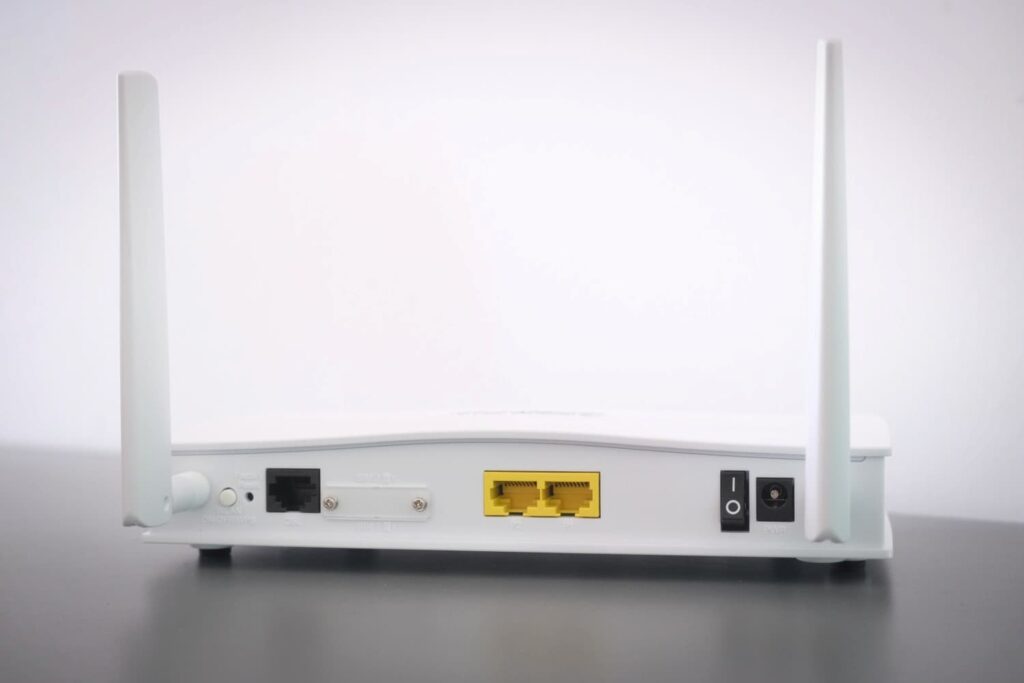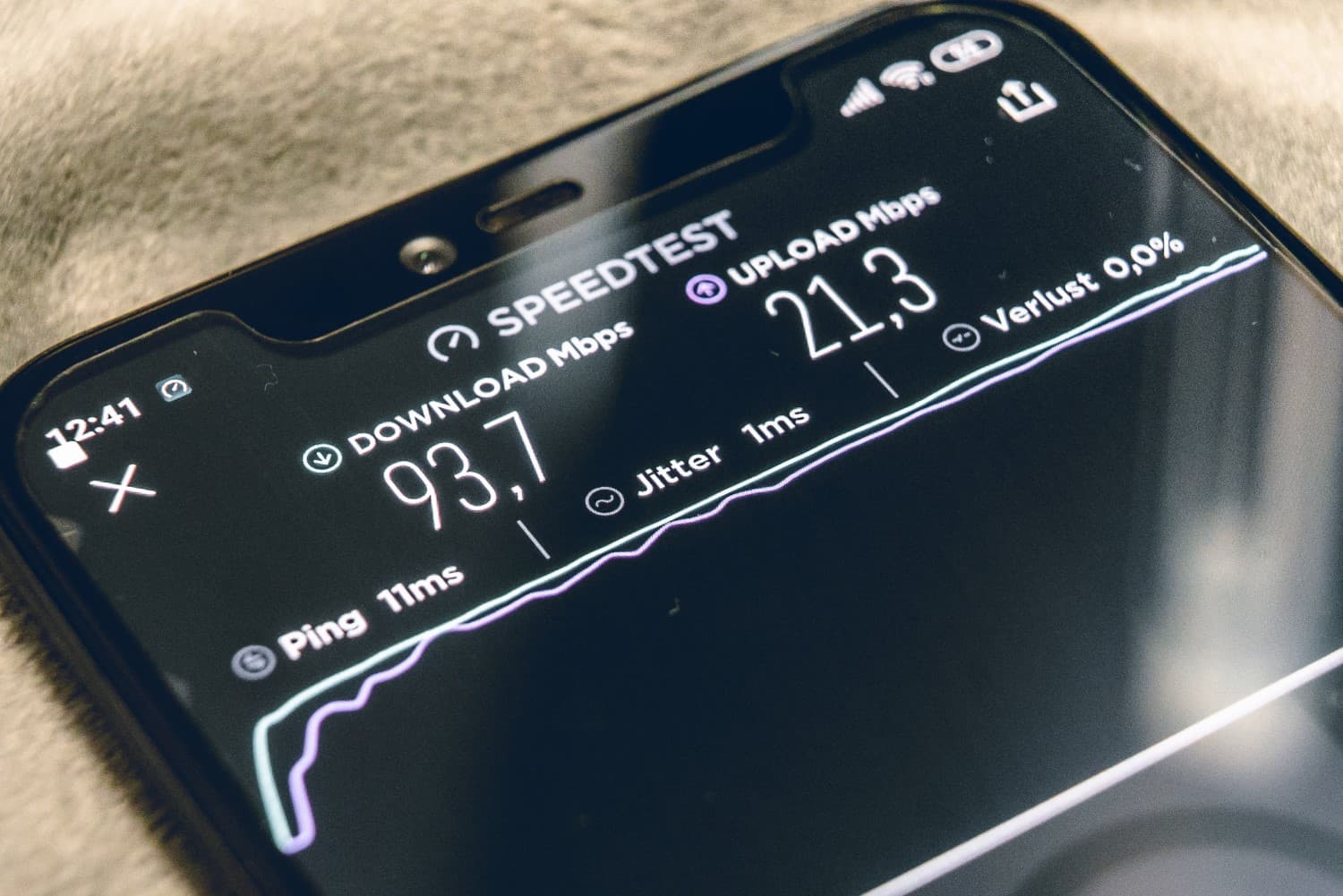Mobile applications have become an integral part of our daily lives, and we rely on them for various tasks, from social networking to banking operations. However, when it comes to the quality of using mobile applications, the network plays a crucial role. In this article, we will explore how routers can help optimize the network and enhance the performance of your mobile applications while ensuring network security.
The Role of Routers in the Network
Before we delve into the optimization details, let’s grasp the significance of routers within your home network. A router serves as the intermediary device that orchestrates data flow between the devices within your home network and the vast global Internet. It effectively acts as a conduit connecting your devices, including mobile ones, to the Internet.
Routers play several pivotal roles:
- Data Routing: Routers determine the most efficient path for data transmission from your device to the Internet and back, ensuring smooth and timely communication.
- Security: Besides data routing, routers provide essential network security by safeguarding against unauthorized access attempts, keeping your network and data safe.
- Traffic Management: Through Quality of Service (QoS) features, routers can prioritize specific types of traffic. This feature is crucial for applications demanding substantial bandwidth, such as video streaming and online gaming.
Now, let’s explore how routers can impact the performance of mobile applications.
Wi-Fi Optimization for Mobile Applications
Mobile applications can be highly dependent on the quality of the Wi-Fi connection. Here are several ways in which routers can help optimize Wi-Fi for mobile applications:
1. Choosing the Right Router:
Selecting the right router tailored to your needs is paramount. For households with numerous connected devices, consider routers equipped with MU-MIMO (Multi-User, Multiple-Input, Multiple-Output) technology. MU-MIMO routers can efficiently serve multiple devices simultaneously, ensuring a seamless experience for all.
2. Configuring Wi-Fi Channels:
Routers operate on various frequencies, which can lead to interference and degraded performance if not managed correctly. Switching to less congested Wi-Fi channels can mitigate these issues and enhance your mobile applications’ performance.
3. Updating Router Firmware:
Regularly updating your router’s firmware is vital. Firmware updates often include bug fixes, security patches, and performance enhancements, which are critical for the overall stability and security of your network.
4. Using QoS:
Enabling the Quality of Service (QoS) feature in your router is particularly beneficial. QoS allows you to prioritize specific types of traffic, ensuring that data critical for mobile applications receives the necessary bandwidth for optimal performance.
Research and Statistics
Research in the field of mobile applications and network optimization can provide valuable insights into the current state of the industry. Recent studies show that over 70% of mobile application users rate speed and stability as key factors in their satisfaction. Delays and connection issues can lead users to switch to other apps or uninstall them altogether.
Other statistical data indicates the growth of mobile application usage, especially in e-commerce and entertainment. This reinforces the need for stable and fast network connections. These facts underscore the importance of network optimization and the role of routers in ensuring high-quality communication for mobile applications.
Tips and Recommendations
Detailed tips and recommendations can help readers better understand how to maximize routers for network optimization and security. Here are some additional pieces of advice:
- Regular Password Updates: It is strongly recommended to regularly change the passwords for your Wi-Fi network and router’s admin panel. Using complex passwords, including a combination of letters, numbers, and special characters, enhances your network’s security.
- Network Traffic Monitoring: Modern routers usually provide tools for monitoring network traffic. Use them to track which devices and applications consume the most resources and adjust network settings accordingly.
- Backup Router Settings: Regularly create backups of your router’s settings. This can be useful in case of failures or if you need to reset your router to factory defaults.

Modern Trends
Today, we also observe the impact of modern technological trends on mobile applications and networks. For example, the widespread implementation of 5G networks promises a significant increase in speed and network stability for mobile devices. This creates new opportunities for mobile developers but also requires router updates to support this technology.
The Internet of Things (IoT) continues to expand, introducing smart devices into our homes and offices. This increases the load on the network and emphasizes the importance of efficient network optimization.
Accessing the Router’s Administrative Panel
To configure your router for network optimization and security enhancement, you need to access its administrative panel. Here’s how to do it:
- Identify the Router’s IP Address: Typically, this address is provided in the user manual or is printed on the router itself, often resembling “192.168.1.1” or “192.168.0.1“.
- Enter the IP Address in a Web Browser: Open a web browser and input the router’s IP address into the address bar.
- Authentication: You will be prompted to enter a username and password. Typically, these credentials are found in the user manual or are printed on the router.
- Configure the Router: After successful authentication, you will gain access to the router’s administrative panel, where you can configure various settings, including Wi-Fi channels, QoS, and security features.
Frequently Asked Questions (FAQ)
Q1: What is the role of a router in a home network?
A1: A router manages data flow between devices in a home network and the Internet. It routes data efficiently, provides basic security, and manages traffic.
Q2: How can I choose the right router for my needs?
A2: Consider factors like the number of connected devices and look for features like MU-MIMO support for handling multiple devices simultaneously.
Q3: Why should I update my router’s firmware regularly?
A3: Router firmware updates often include improvements in network performance and security, ensuring your network is up-to-date.
Q4: What is QoS, and why is it important for mobile applications?
A4: Quality of Service (QoS) prioritizes certain types of traffic, making it crucial for applications that require high bandwidth, like mobile applications.
Q5: How do I access my router’s administrative panel?
A5: Identify your router’s IP address, enter it in a web browser, provide the username and password when prompted, and configure settings from the administrative panel.
Ensuring both performance and security in your home network is essential for an optimal mobile application experience. Follow our tips for router optimization and network security to make the most of your mobile applications.
